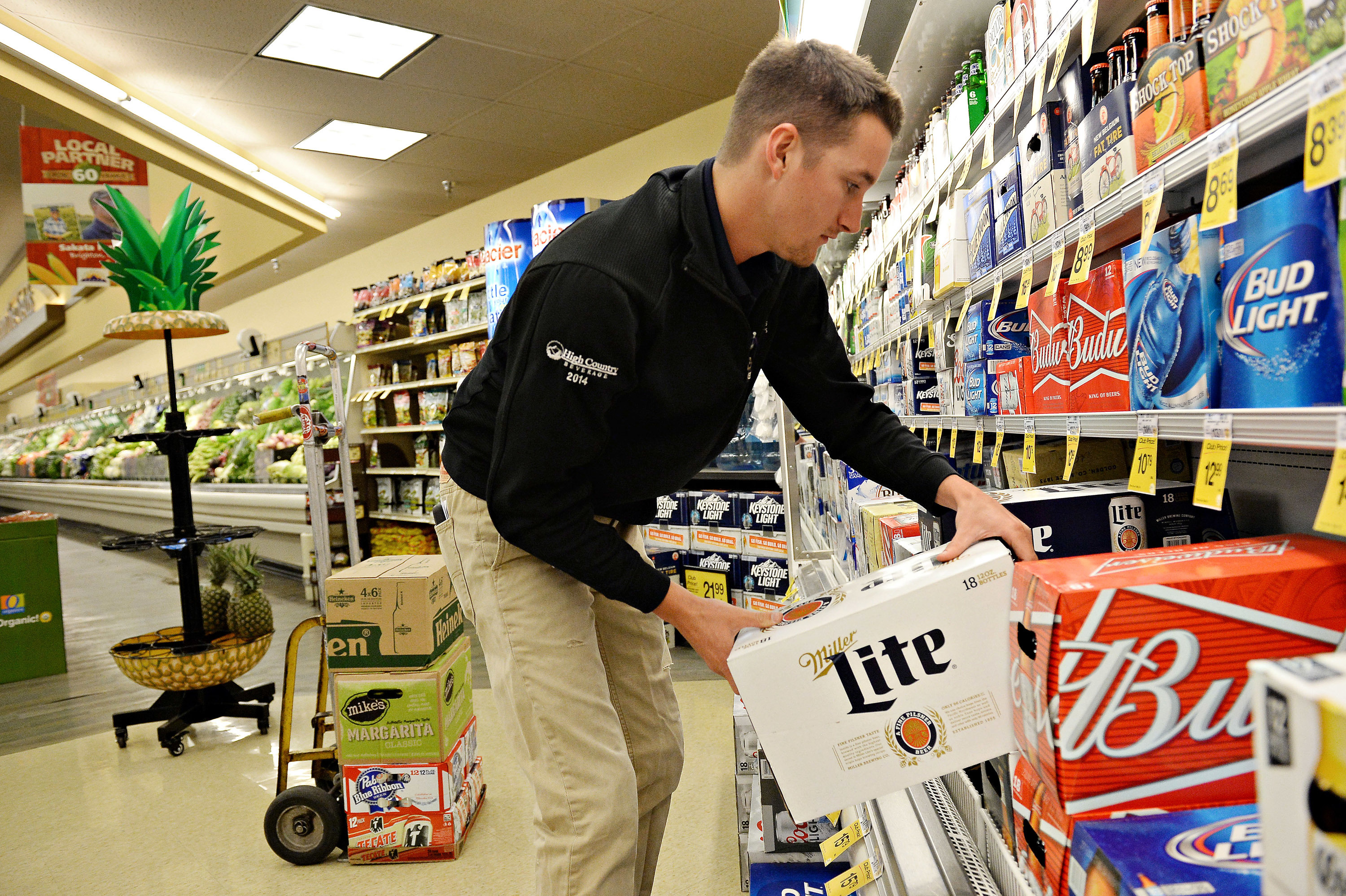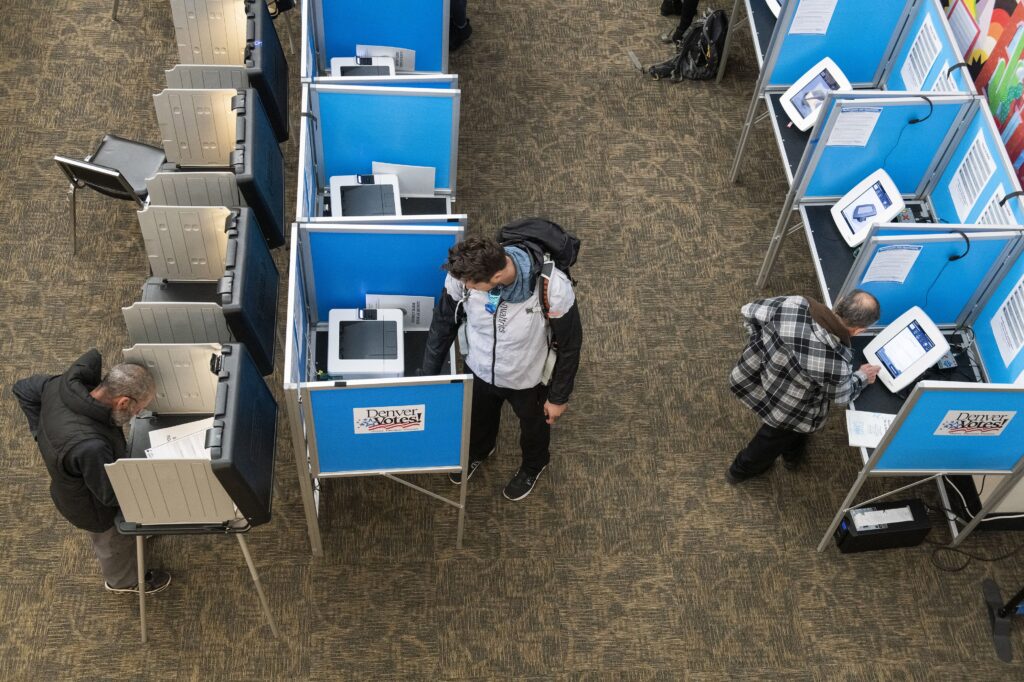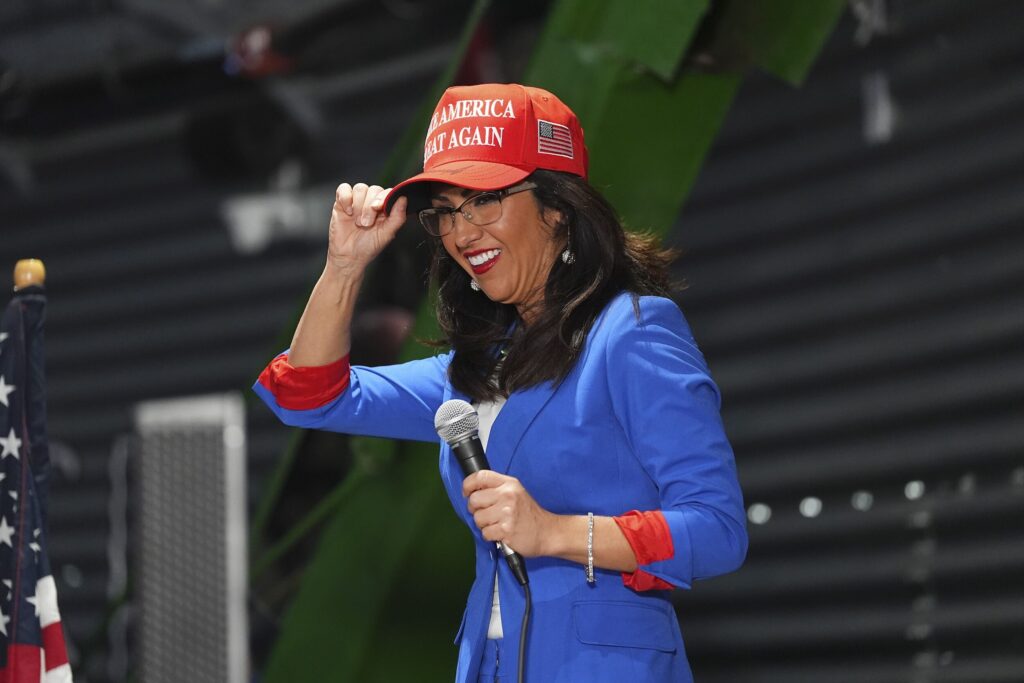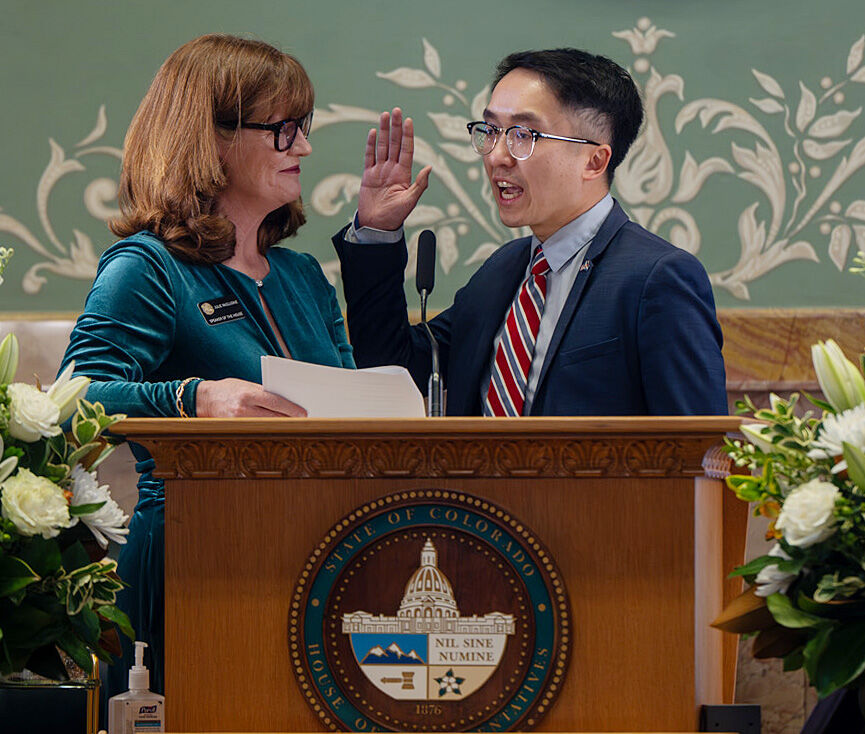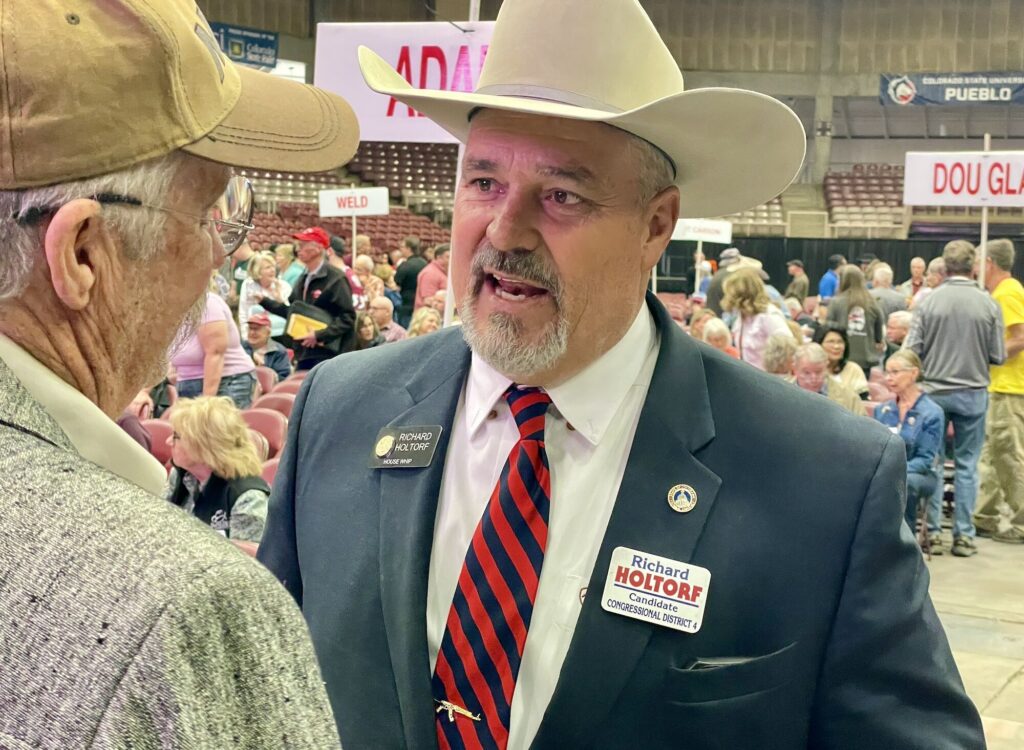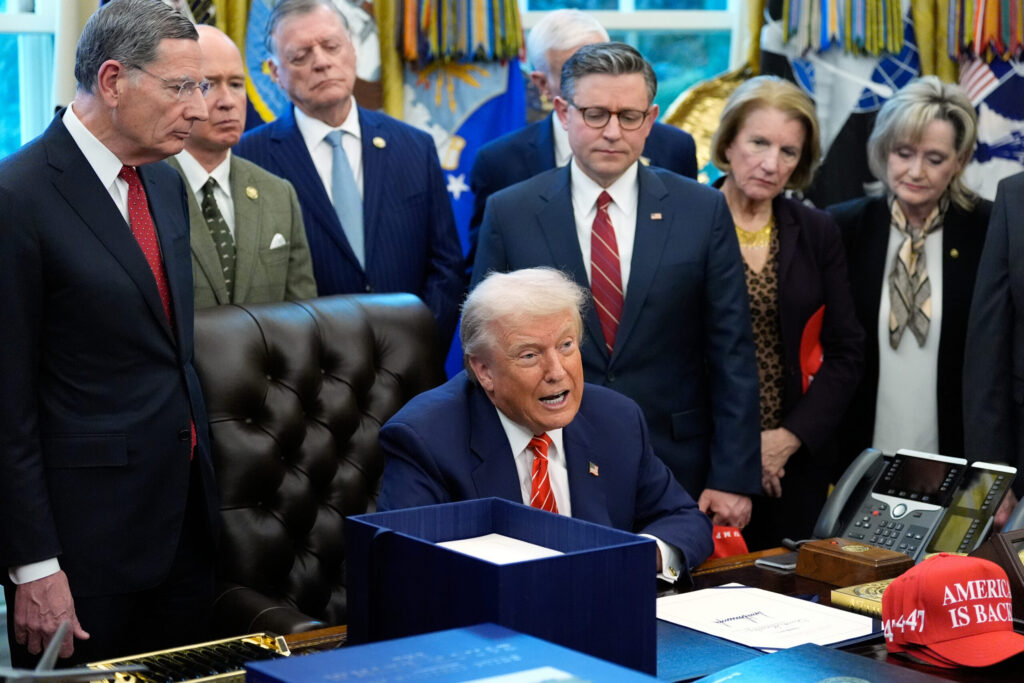Colorado’s ballot campaigns raise $47 million, pro-alcohol measures rake in most cash
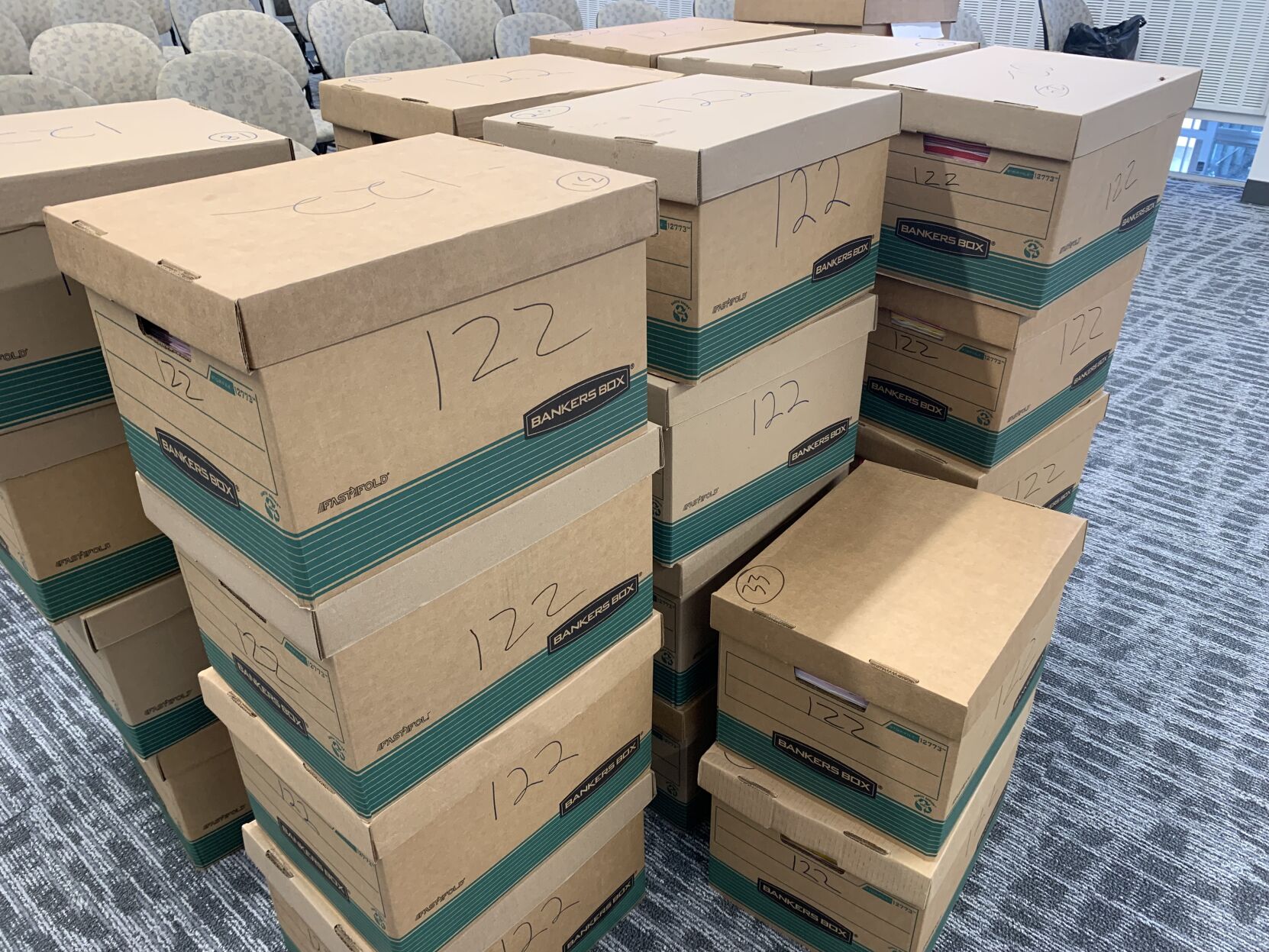
The groups pushing a slew of ballot measures in Colorado have now raised nearly $46.5 million, with the three alcohol-related measures generating the most cash, the last campaign finance reports before next Tuesday’s election show.
Some of these disclosures, the result of a new law on transparency, came from reports outside of TRACER, the state’s campaign finance system.
More than $30 million of the total raised to date supports Propositions 124, 125 and 126, the measures seeking to expand the number of liquor licenses a retailer can hold, allow the sale of wine in grocery stores and permit third-party delivery of liquor.
Coloradans for Consumer Choice and Retail Fairness, the issue committee funded primarily by Colorado Fine Wines & Spirits, LLC, an out-of-state company owned by a Maryland congressman and his brother, has raised $13.78 million to back Proposition 124, the liquor license proposal.
DoorDash, Instacart, Target, Safeway and other retailers have put $16.3 million into backing Proposition 125 and 126, the measures on wine sales and delivery, respectively.
Coloradans for Affordable Housing Now, which backs Proposition 123, the affordable housing initiative, has raised $6.6 million, with more than $2.5 million of it coming from the non-profit Gary Ventures. The committee also has taken contributions from Habitat for Humanity, the National Association of Realtors and the Urban Land Conservancy.
Proposition 122, which would legalize “natural medicine” – hallucinogens such as psilocybin and psilocin – and allow users to either partake at healing centers or grow it in their own homes, has raised $5.5 million, most of it from the New Approach PAC of Washington, D.C.
Meanwhile, two committees emerged to support Proposition GG, the General Assembly-referred measure that seeks to add more information about what ballot measures that affect taxes will mean for your wallet. The two groups – Coloradans for Ballot Transparency and Coloradans Coming Together – raised more than $1 million from the state teachers’ union, the Sixteen Thirty Fund, which doesn’t disclose its funders, and United for a New Economy, a “multiracial community organization” based in Commerce City.
Coloradans Coming Together also opposes Proposition 121, the Independence Institute-backed measure to lower the state’s income tax rate.
Some of the disclosure resulted from the 2022 session, when lawmakers approved a bill to increase the transparency of funds used in ballot measure campaigns. The main purpose of SB 22-237 was to define “major purpose” in campaign finance statutes and the parameters under which it would apply, particularly when it comes to issue committees.
The Colorado Secretary of State’s Office has been working on one particular aspect of the law – a form that requires new disclosures for direct spending of $5,000 or more in a calendar year, either by issue committees or candidates.
The first of those disclosures – on spending which had not previous been required reporting – began showing up Oct. 7.
Those disclosures – on a form titled “48-Hour Disclosure Reports of Direct Ballot Issue or Ballot Question Expenditures of One Thousand Dollars or More” – can be found on a separate webpage and listed by date.
It’s not small change, either. The dozen expenditures so far reported total nearly $2.4 million.
The big spender in the new disclosures is DoorDash, so far the largest funder of the issue committee Wine in Grocery Stores, which backs both Proposition 125 and Proposition 126. DoorDash has already contributed $3.5 million to the committee; its latest expenditures through the new disclosures came in at $2.3 million, bringing its total to more than $5.8 million.
What makes these expenditures different is that they aren’t being made through an issue committee. They’re direct expenditures, mostly to media outlets or to organizations that buy advertising, to support or oppose ballot measures.
A spokesperson for the Secretary of State told Colorado Politics the disclosure reports are “only required to be filed by persons who do not otherwise meet the definition of an Issue Committee.”
Individuals who order from DoorDash these days get the following ads:
The second ad, however, says it is paid for by DoorDash “in coordination” with Wine in Grocery Stores, the issue committee it is funding.
The public won’t find these expenditures listed by Wine in Grocery Stores on its TRACER filings, since the payments went directly from DoorDash to DCI Group of Arizona for direct mail, text messages, call-in programs and polling.
Fisher’s Liquor Barn of Grand Junction spent $9,541.67 on media to oppose the three liquor-related measures.
AirBnB sent $70,000 to SpeakEasy Political of San Francisco for digital ads in support of Proposition 123, the affordable housing measure.
Advance Colorado sent just under $220,000 to iHeartMedia and Majority Strategies for digital ads in support of Proposition 121. Advance Colorado has not made any contributions, in-kind or cash, to the committees backing Proposition 121, which include Americans for Prosperity Colorado Issue Committee, or Path 2 Zero, the issue committee solely funded by the Independence Institute.
Advance Colorado’s spending through this new disclosure is the largest to date in support of Proposition 121.
Mario Nicolais, an attorney and election law expert, said found it interesting that a company like DoorDash, for example, is spending outside the issue committee it’s been funding to work on the measures.
Nicolais also sees a downside that could lead to court challenges, citing the example of a “pop up” or fly-by-night group that did not previously exist suddenly spending money solely on advocacy and disappearing once the election is over.

marianne.goodland@coloradopolitics.com

